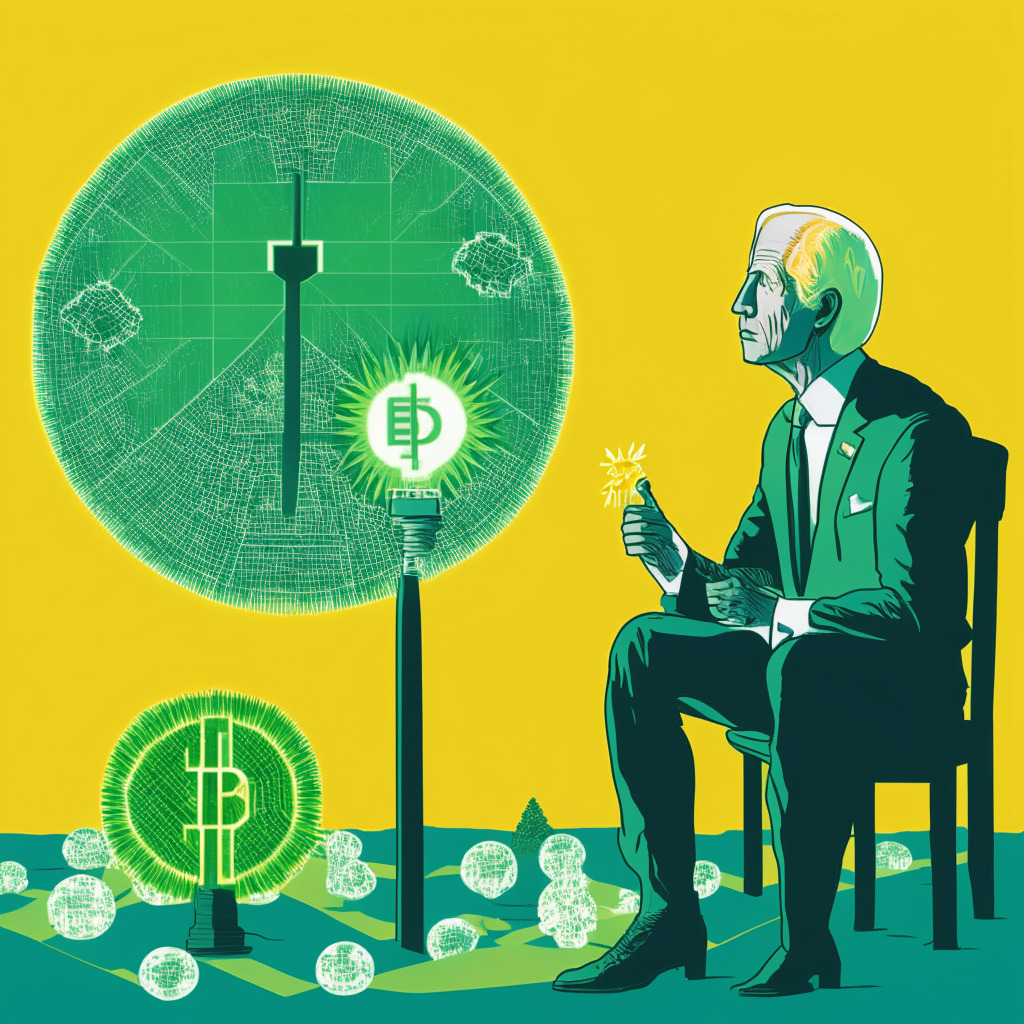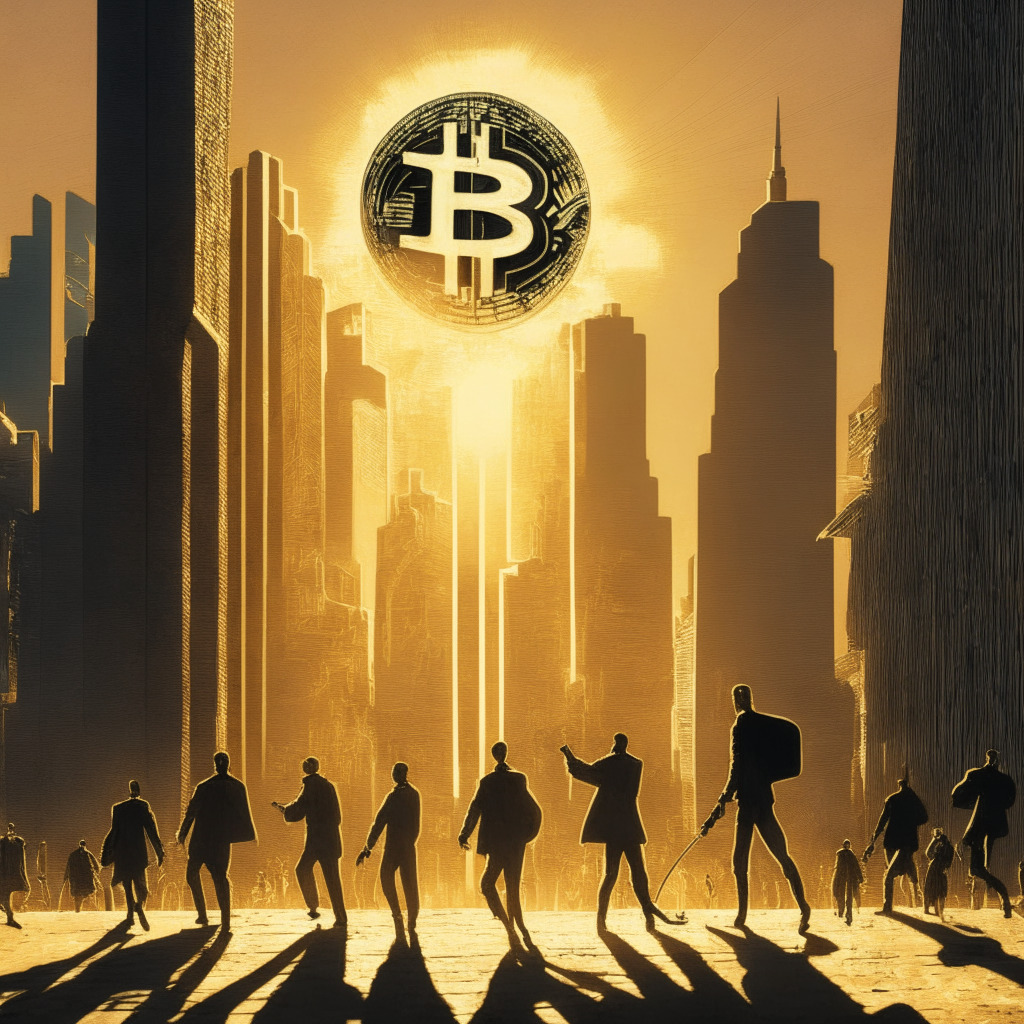Presidential Candidate Robert F. Kennedy (RFK) Jr. recently voiced his perspective on Bitcoin, asserting that crypto environmental criticisms are little more than a veil obscuring attempts to limit financial liberty. On July 31, RFK responded to a social media thread by Sangha Systems director Daniel Feldman discussing the interactions between renewable energy production and Bitcoin mining.
Feldman argued that Bitcoin mining could counterbalance energy usage from fossil fuels, and overall, be instrumental in improving the electric grid. Coming from a slightly divergent angle, RFK agreed that Bitcoin may not be the environmental menace often-portrayed and insisted that this environmental narrative shouldn’t curtail freedom of transaction. Feldman’s stance also highlights the neglected economic benefits of Bitcoin mining, disputing popular narratives that paint it in a less than flattering light.
The renewable energy argument is often brought up against Bitcoin mining, given the industry’s potential for mitigating reliance on fossil fuels. Presently, however, most renewable energy sites are economically unsound without the aid of government subsidies, driving bitcoin mining to become significantly influential.
In response, Feldman suggests a reshuffle in climate debate rhetoric, leaning away from polarization and towards innovation. The analyst critiques the distortion of the market created through renewable energy tax credits. These subsidies, he explains, lead to excessive investment in renewable generation while overlooking investment in transmission and distribution infrastructure, creating a disarrayed supply-demand equilibrium for renewable projects.
Contrastingly, Bitcoin mining has the potential to stabilize this global energy market. Flexible Bitcoin data centers can supply power to local electricity markets when in-demand, creating a fresh income frontier for renewable producers. Feldman iterates that Bitcoin miners’ desire for the cheapest possible energy source could revolutionize renewables, drawing in novel investments and refining transmission infrastructure – ensuring palpable benefits schorlarlyng down to end consumers.
Despite his skeptical outlook, RFK’s commitment to Bitcoin is seen in his recent purchase of 14 Bitcoins, with plans to allocate two for each of his seven children. Nonetheless, he continues to criticize CBDCs (central bank digital currencies), depicting them as instruments of control laced with potential abuse. Summing up, RFK’s endorsement and savvy investment moves in Bitcoin demonstrate his interest in the space, showing his support for the transformative digital currency.
Source: Cryptonews




